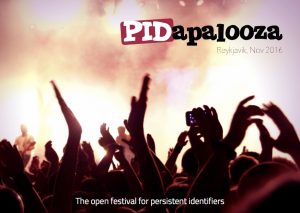2026 March 03
Introducing board meeting summaries, starting with the January 2026 meeting
Introducing board meeting summaries
In an ongoing effort to make more of our operations transparent, we have decided to start sharing summaries of our board meetings on the blog. We already post our board resolutions, but the summaries will give a bit more information on what the board discusses that may or may not show up on the list of resolutions.









